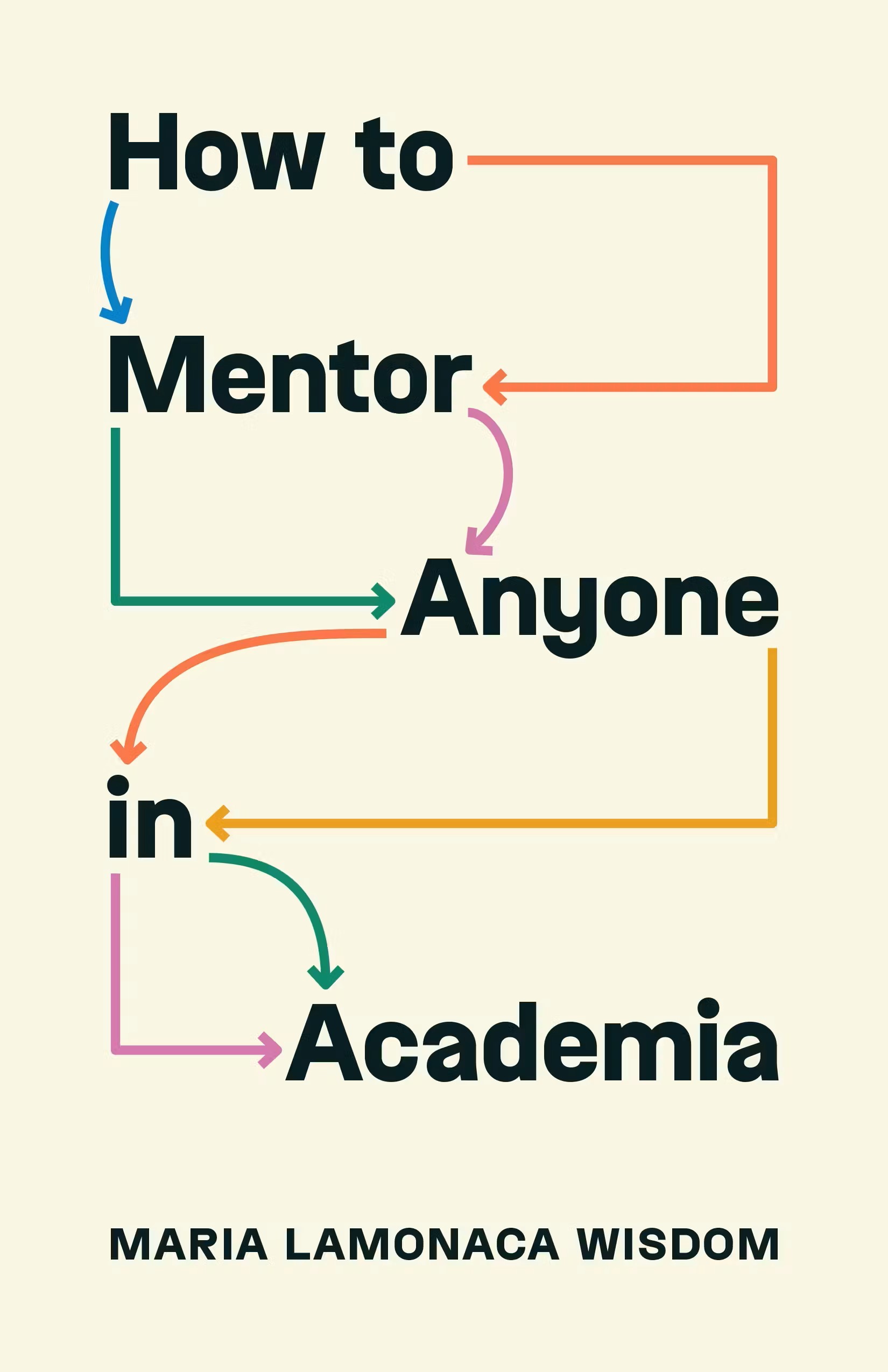Center for Teaching & Mentoring
Book Groups
Book groups bring faculty together to discuss literature related to teaching, learning, or other relevant topics in higher education. They offer a space for educational development, community building, and sharing of ideas among colleagues. Discussions often center on how to apply concepts from the books to the teaching practices of group members.

Spring 2026 Faculty Book Groups
The Center for Teaching and Mentoring will provide books for How to Mentor Anyone in Academia and The Opposite of Cheating: Teaching for Integrity in the Age of AI. The book group for The New PhD: How to Build a Better Graduate Education will use an e-book version, which is available through the Walker Library. Each book group will accept nine (9) faculty members for the spring semester.

Facilitator: Julie Myatt
How to Mentor Anyone in Academia serves as a guide to those who find themselves in the role of mentor, introducing them to research-supported practices they can apply to their mentoring relationships.
Meeting format: In-person in LIB 348
Meeting dates:
February 19, 11:20 am – 12:45 pm
March 5, 11:20 am – 12:45 pm
March 19, 11:20 am – 12:45 pm

Facilitator: Elizabeth Stephens
The Opposite of Cheating: Teaching for Integrity in the Age of AI invites higher education instructors to take a deeper look at how to partner with and encourage growth in students. It begins with the problem of why students cheat (and how easy it is in the AI era) and moves toward relationship-building with students and rethinking how we assess progress in the classroom.
Meeting format: Remote – Microsoft Teams
Meeting dates:
February 25, 10:30 am – 12 pm
March 18, 10:30 am – 12 pm
April 1, 10:30 am – 12 pm

Facilitator: William Levine
The New PhD: How to Build a Better Graduate Education prompts faculty to reconsider the purposes of graduate education (not just PhD programs) for more realistic and practical applications of the degree that affect curricula, teaching methods, advising, program requirements, etc.
This book group will use an e-book version of The New PhD, available through the Walker Library.
Meeting format: In-person in LIB 348
Meeting dates:
February 18, 11:30 am – 12:30 pm
March 4, 11:30 am – 12:30 pm
March 18, 11:30 am – 12:30 pm

Follow Us!
Contact Us
Center for Teaching and Mentoring
LIB 348
615-904-8499
ctm@mtsu.edu
Book a mentoring appointment with one of our directors:
Jennifer Vannatta-Hall or Robyn Ridgley